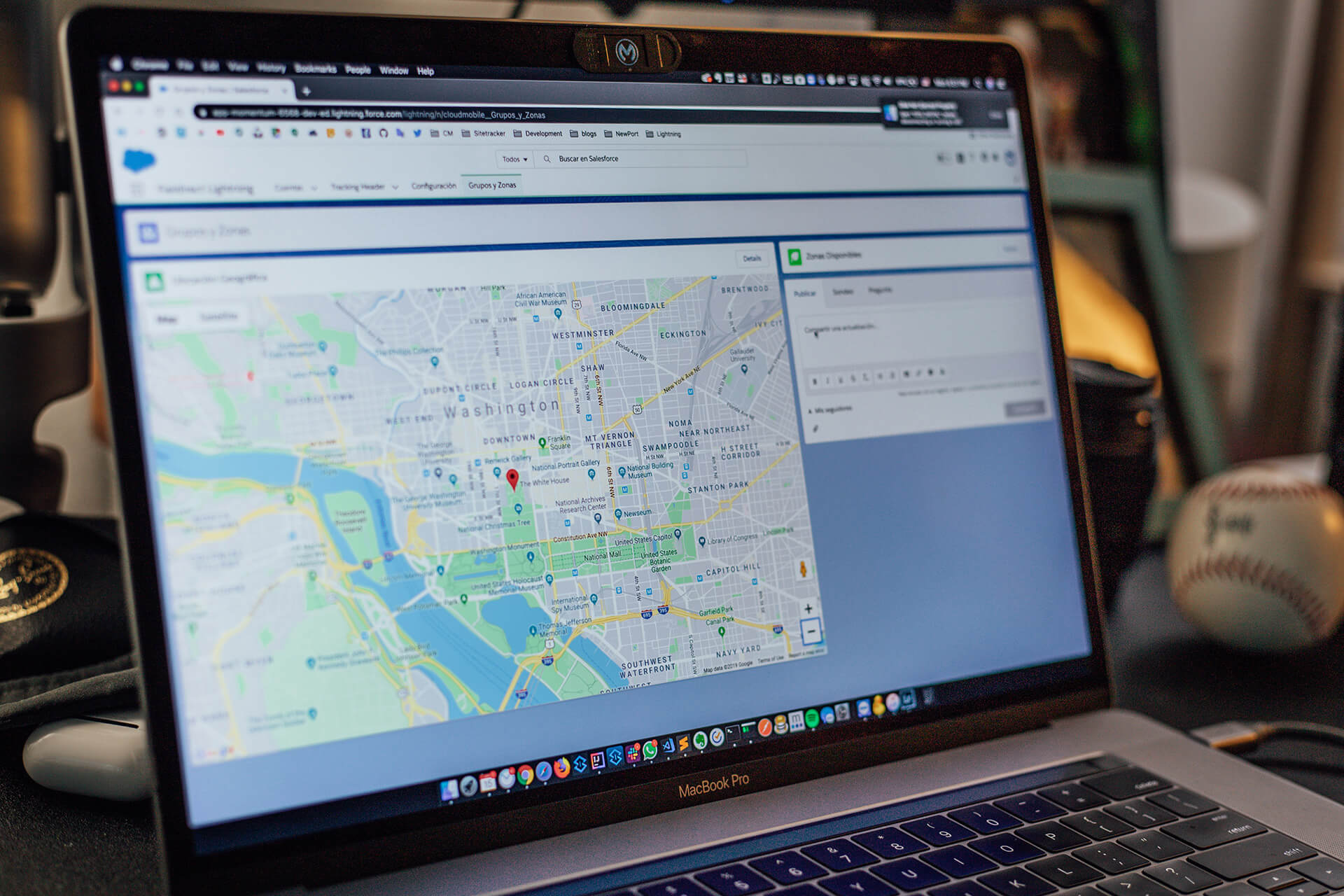
PILOT
Telescope (Equipment Monitor)
Status: Pilot completed, Running as a service
Participating Institutions
TU Eindhoven, TU Delft, Wageningen University and Research, VU have indicated that they would like to participate.
The aim of the pilot is to test the feasibility of identifying Research Infrastructure (Instrumentation, scientific equipment) in the literature by using Machine Learning technologies and linking those to the research outputs.
How the pilot works
The pilot will provide a standard report listing what scholarly outputs are linked to specific Research Infrastructures (RI). The report will give insights on scientific production, academic impact, collaborations and, if data are available, technology transfer and economic impact. Institutions will subsequently provide feedback and a consolidated feedback report (plus improvements based on the feedback) will be made available to all institutions, the steering group and anyone interested in the outcomes of the pilot.
Support of open science and benefits to researchers and institutions
Research Infrastructures are an essential component of research. Researchers need to know what equipment was used for a given experiment, and how to access it or what alternative equipment to use to reproduce an experiment. This can be made possible when research outputs are automatically linked to the equipment used to produce that research. These data, later powered by a rich RI ontology supports open science and particularly reproducibility, allowing researchers to identify substitute/alternative equipment to replicate experiments, of find a potential collaborator that owns a certain instrument.
Relevant links
- Telescope Statement of Work
- Telescope framework document
- The growing importance of Research Infrastructures
- Description of the technology that runs in the background
- Pilot Evaluation overview
- Pilot Evaluation document
For more information on how to participate in this pilot, please reach out to Guillaume Warnan, or contact us.



